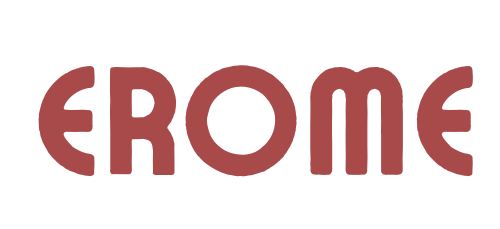The beauty industry is evolving faster than ever, and safety has become the cornerstone of long-term success. A safe business isn’t just a regulatory requirement—it’s a competitive advantage. Clients want assurance, employees need security, and entrepreneurs must protect their investments. When safety is at the core of operations, growth becomes sustainable and trust becomes unshakable.
Why Safety Drives Business Success
Safe beauty businesses consistently outperform those that overlook compliance and preparation. According to a 2023 consumer survey, 76% of clients said they would switch to another provider if they doubted safety standards. That means every overlooked detail—from sanitization to insurance coverage—has a direct impact on revenue and reputation.
Industry leaders echo this sentiment. “In beauty, trust is everything. Safety protocols aren’t just checklists—they’re the foundation of client loyalty,” says industry consultant Dr. Elaine Matthews.
Legal and Regulatory Foundations Every Entrepreneur Must Master
The first step toward safe operations is compliance. Entrepreneurs who understand the legal framework position themselves as credible and trustworthy.
Key takeaways:
- Register your business correctly—LLC or corporation structures protect you from personal liability.
- Secure all licenses and permits, which vary by state and service type.
- Invest in liability and professional indemnity insurance.
A case in point: one salon in New York faced closure due to expired permits, losing six months of revenue. By contrast, competitors with airtight compliance gained their displaced clients.
Client Health: The Non-Negotiable Standard
Clients don’t just buy beauty treatments—they invest in their well-being. Any breach of safety directly undermines their trust.
Proven strategies include:
- Using hospital-grade disinfectants and autoclaves.
- Maintaining product safety logs and verifying supplier authenticity.
- Performing mandatory patch tests for dyes and chemical treatments.
Real-world data highlights the stakes: the FDA recorded over 5,000 cosmetic-related injury reports in 2022 alone. Most were preventable with stricter safety checks.
Creating a Secure and Welcoming Environment
A safe space isn’t only clean—it’s designed to prevent accidents and promote comfort.
- Slip-resistant flooring reduces workplace injuries.
- Accessible treatment rooms extend services to more clients.
- Private, well-designed spaces elevate the customer experience.
Clients remember how we make them feel. A secure, welcoming environment turns first-time visitors into loyal advocates.
Financial Stability Through Risk Preparedness
Safety also extends to protecting the business itself. Entrepreneurs who prepare for disruptions stay ahead of the curve.
Best practices include:
- Setting aside emergency reserves for unexpected repairs or market shifts.
- Strengthening cybersecurity for online booking and client data.
- Partnering only with verified vendors to avoid counterfeit products.
Today, more beauty entrepreneurs also rely on digital device management systems to safeguard sensitive client data across multiple devices. Tools like Meraki Systems Manager Enterprise Licenses help ensure secure, compliant operations by monitoring and protecting the technology that supports online bookings, client communications, and POS systems. Integrating these solutions reduces the risk of data breaches while boosting client confidence.
Case studies prove this: during a supply chain shortage in 2021, businesses with multiple vetted vendors kept their shelves stocked—while competitors lost clients to delays.
Empowering Teams with Training and Support
Employees are the frontline of client safety. Their training and confidence shape every interaction.
Effective training programs should cover:
- Licensing renewals and ongoing education.
- Sanitation workshops and first-aid readiness.
- Policies that promote employee well-being and respect.
“A trained team is a safe team,” notes Karen Lopez, CEO of a multi-location beauty group. “Investing in staff development pays off in both client safety and retention.”
Transparent Marketing Builds Lasting Trust
In an era of skepticism, honesty in marketing is part of safe business practices.
- Avoid exaggerated treatment claims—clients value realism.
- Publish clear, upfront pricing.
- Provide accurate aftercare guides to prevent complications.
Transparency positions businesses as ethical leaders in a competitive market.
Continuous Improvement as a Growth Strategy
Safety isn’t static—it evolves. Modern beauty entrepreneurs must commit to constant improvement.
Action points:
- Conduct quarterly safety audits.
- Stay updated on new regulations and product recalls.
- Encourage client feedback and act on it promptly.
This culture of improvement ensures long-term growth while reinforcing trust.
Conclusion: Safety as the Ultimate Differentiator
Safety is more than compliance—it’s a brand promise. Businesses that prioritize health, secure environments, and transparent practices don’t just survive; they thrive. They attract loyal clients, earn stronger reviews, and position themselves as leaders.
For beauty entrepreneurs ready to stand out, the message is clear: make safety your strategy, not just your standard.

